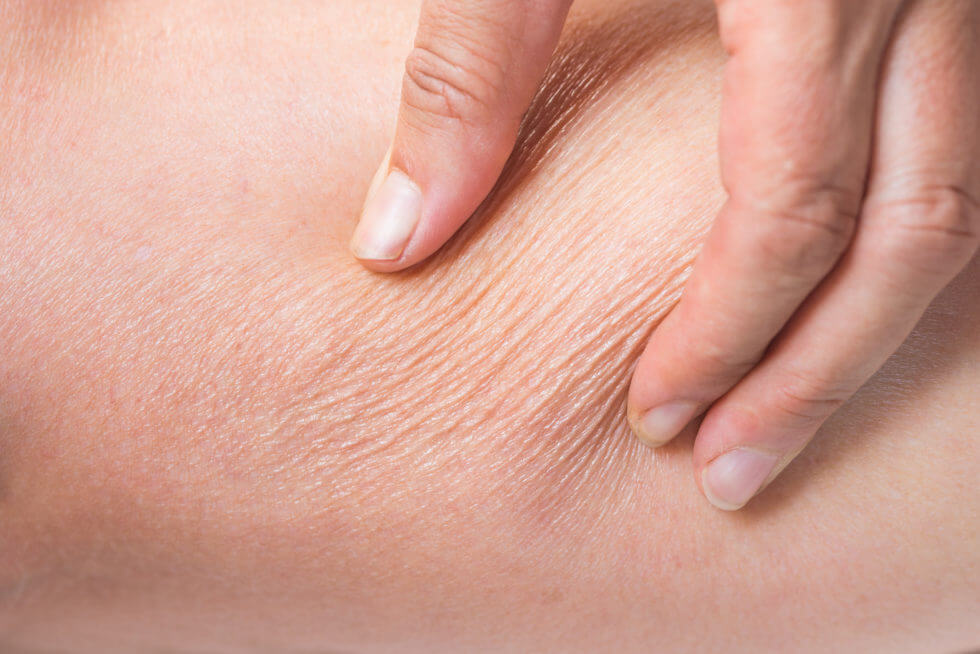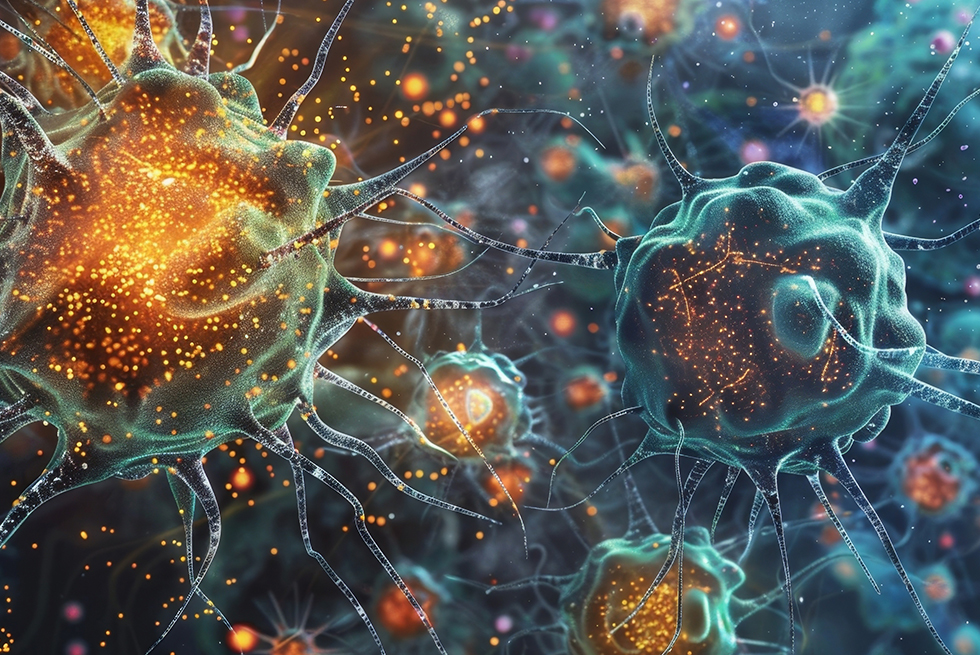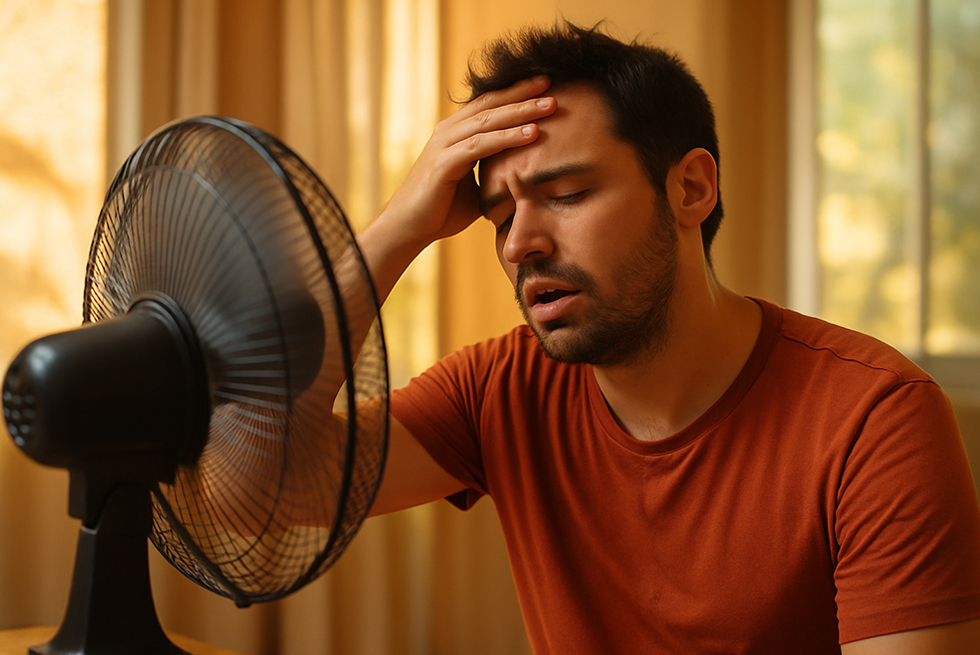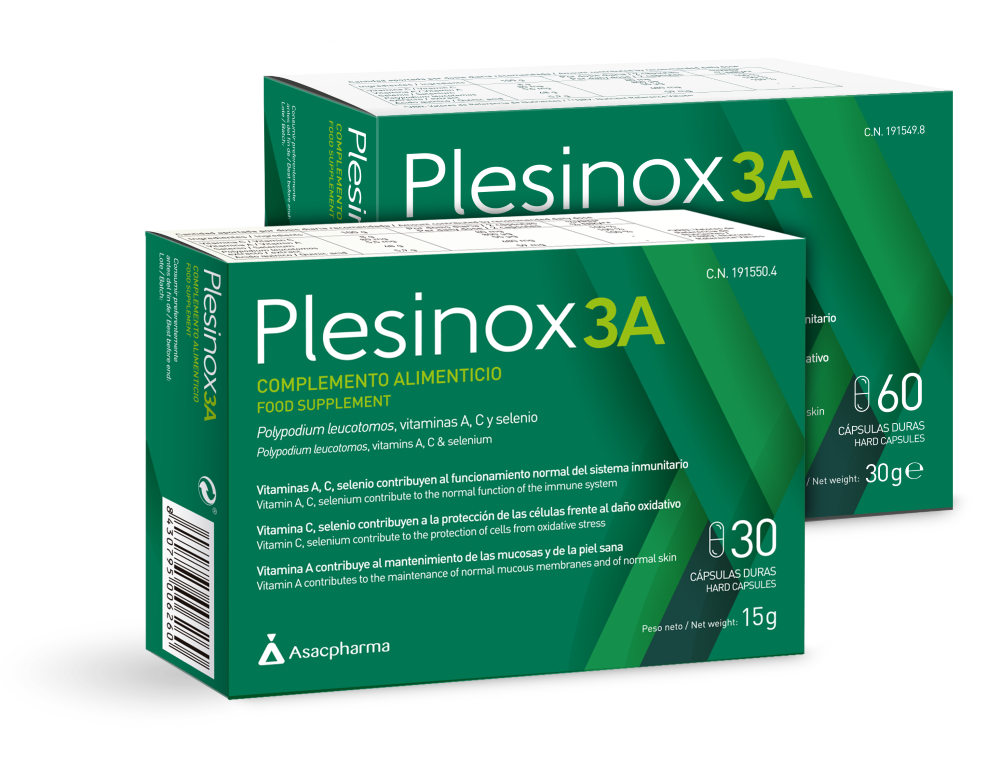Taking care of your immune system is taking care of your skin
With the arrival of summer, the hours of exposure to the sun increase, so it is vitally important to take extreme care of the skin and, in turn, the immune system. Due to the close relationship between the two, it is just as important to take care of one as the other, so that both are kept in a healthy condition.
The skin is the largest organ of the human body, and its role in protecting against external agents is fundamental. In addition to being the first line of defence against infections and external aggressions, it also acts as a barrier to maintain hydration and regulate body temperature.
However, for the skin to perform all these functions properly, it needs to be in good condition. And for this, a strong and healthy immune system is essential.
How does the immune system affect the skin?
The immune system is responsible for protecting the body from infection and disease. When functioning properly, it is able to identify and attack pathogens, such as bacteria and viruses, that try to invade the body.
The immune system is made up of different parts, including the skin, which helps prevent germs from entering the body, and the mucous membranes, the moist inner linings of some organs and body cavities, which produce mucus and other substances that can trap and fight germs.
However, when the immune system is weakened, the skin’s defences are also affected. The skin can become more sensitive and prone to infections and external aggressions. In turn, when the skin is damaged, for example by exposure to the sun, it becomes more vulnerable to the entry of micro-organisms that can cause infections and affect the state of the immune system.
That is why taking care of the immune system is essential for healthy, protected skin. And for this, there are a series of habits that we can incorporate into our daily routine.
Habits to care for the immune system and protect the skin
There are a variety of symptoms caused by spring allergy, as these vary according to the individual, the type of allergy and the state of the immune system, but the most common include frequent sneezing, swelling, itchy eyes, nose and throat, nasal congestion, dry cough, headache and fatigue.
It is important to note that the symptoms of spring allergies may be similar to those of a common cold, but if they persist for several weeks and do not improve over time, it is likely to be due to an allergy.
How to combat the symptoms of allergies?
1. Healthy eating: A diet rich in fruits, vegetables and lean proteins helps to strengthen the immune system and therefore protect the skin. In addition, it is important to avoid processed foods and saturated fats, as they can negatively affect skin health.
2. Introduce food supplements to your diet: Sometimes it is not possible to eat a balanced diet during the summer months, so it is advisable to introduce some type of food supplement, such as Plesinox 3A, to help your immune system to maintain proper functioning.
3. Regular exercise: Exercise is an effective way to strengthen the immune system and improve blood circulation, which can improve skin health.
4. Adequate hydration: The skin needs to be well hydrated to fulfil its protective barrier functions. Drinking enough water and using moisturisers is essential to keep skin in good condition.
5. Adequate rest: Getting enough sleep and reducing stress can help improve the health of the immune system and therefore protect the skin.
6. Avoid tobacco and alcohol: Tobacco and alcohol can negatively affect the immune system, which can weaken the skin’s defences.
In short, taking care of the immune system is essential for healthy, protected skin. Incorporating healthy habits into our daily routine, such as eating a proper diet, exercising regularly, maintaining adequate hydration, getting enough rest and sometimes introducing food supplements, can all contribute to maintaining healthy, radiant skin. Take care of your immune system and you will take care of your skin.
Sometimes, however, extra help for the immune system is needed. For this reason, there are food supplements such as Plesinox 3A composed of Polypodium leucotomos extract (EPL), vitamin A, vitamin C and selenium that help the normal functioning of the immune system and strengthen the defences.
It is important to apply daily lifestyle habits that positively influence our immune system and help to keep it in good shape.
Do you want more information about Plesinox 3A? Visit our website: www.plesinox3a.com
DIG-2-0242-062023





